After 2 weeks of launching, the Organizing Committee received a record number of teams registering for the competition compared to previous cybersecurity competitions for students in Vietnam with 319 registered teams, a total of 1,248 students, from 34 universities and colleges in Vietnam and 26 foreign schools from Japan, Brunei, Cambodia, Indonesia, Laos, Myanmar, Singapore and Thailand.

The teams will conquer 21 challenges, in 5 topic groups: Web Security, Reverse, Pwnable, Crypto and Forensic. To increase the appeal, the challenges are arranged with increasing difficulty, in which the special highlight is that the messages of the Hanoi Convention have been cleverly integrated into the answers of the challenges, to convey the spirit of cooperation, responsibility and sustainable development in cyberspace.
Mr. Vu Ngoc Son, Head of Technology Department, National Cyber Security Association said: “This year’s competition is not only an academic playground, but also an opportunity for Vietnamese and regional students to respond to the Hanoi Convention, a symbolic document for the spirit of international cooperation in the fight against cybercrime. Through practical and in-depth challenges, we hope to foster the analytical capacity, situation handling skills, as well as the teamwork spirit of the future generation of cybersecurity engineers.”
To ensure transparency and fairness, the Organizing Committee requires that the teams strictly comply with the regulations during the preliminary round. Each contestant is only allowed to exchange content related to the test with the members of the team. Absolutely do not disclose the account, test questions, hints or answers to other parties. All contestants must maintain an online connection through the Organizing Committee's image monitoring system.
The Organizing Committee also encourages teams from the same school in Vietnam to gather at one competition site, creating a lively atmosphere and forming the unique identity of each school. The way to name the display on the monitoring system is specifically regulated, following the school code or country name, making it convenient for management and monitoring throughout the competition.
Regarding the scoring method, each challenge in the round has a starting point of 500 and a minimum score of 100. When a team passes a challenge, the score of that challenge will automatically decrease according to the formula prescribed by the Organizing Committee, reflecting the popularity and difficulty of each topic. This means that, for the same challenge, the team that successfully solves it first will have a higher score than the team that solves it later. The team's score is the total score of the challenges that the team passes, in which the time to complete the challenge is also a factor that determines the ranking. The team with the higher total score will be ranked higher, and in the case of a tie, the team that completes it faster will have a higher position in the rankings.
The 2025 Cyber Security Student Competition is organized by the National Cyber Security Association, under the auspices of the Ministry of Public Security and the Ministry of Education and Training. The competition aims to discover, nurture and connect young talents in the field of cyber security. This is also an opportunity for Vietnamese and regional students to exchange, learn, affirm their professional capacity, and at the same time promote the image of a young, dynamic, creative and responsible generation of intellectuals for a safe and healthy cyberspace.
According to the plan, after the preliminary round on October 18, the 20 best teams will be selected to enter the final round scheduled to be held on November 15, 2025. Detailed information, results and related activities will be regularly updated by the Organizing Committee on the official media channels of the competition.
Source: https://baotintuc.vn/khoa-hoc-cong-nghe/sinh-vien-chinh-phuc-thu-thach-cuoc-thi-an-ninh-mang-2025-huong-ung-cong-uoc-ha-noi-20251013171529896.htm



![[Photo] Ready for the 2025 Fall Fair](https://vphoto.vietnam.vn/thumb/1200x675/vietnam/resource/IMAGE/2025/10/14/1760456672454_ndo_br_chi-9796-jpg.webp)






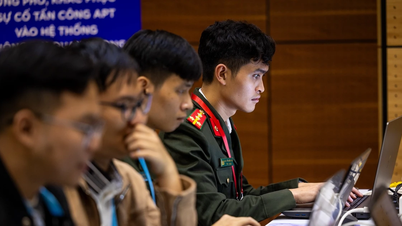

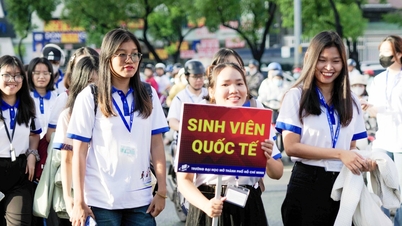







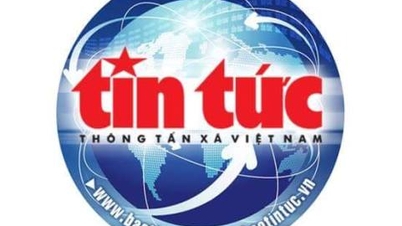
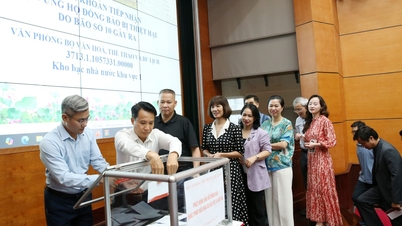


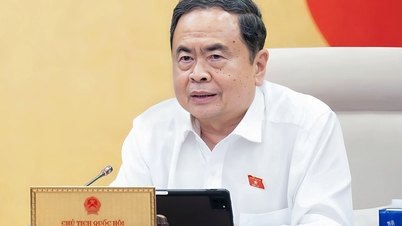






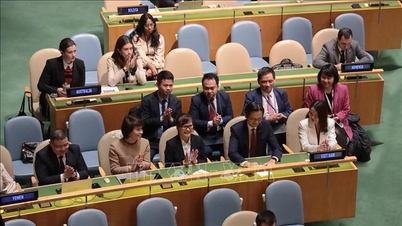
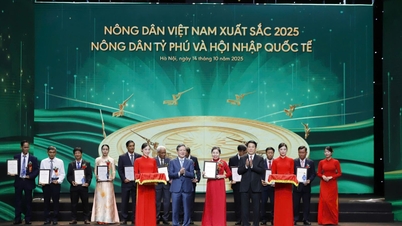

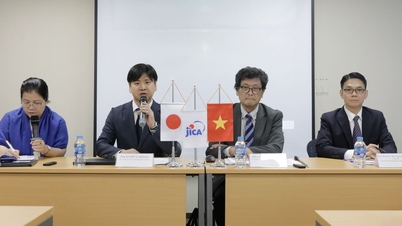
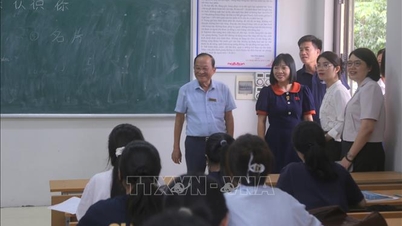
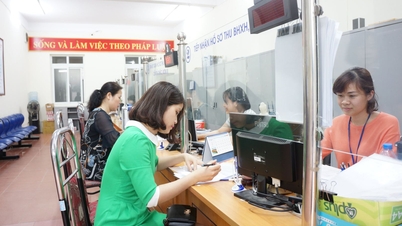





































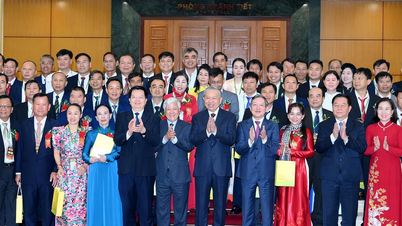
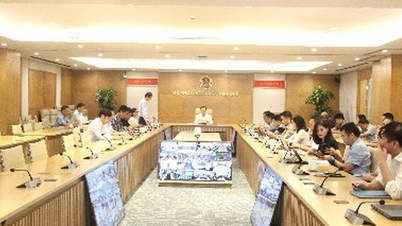

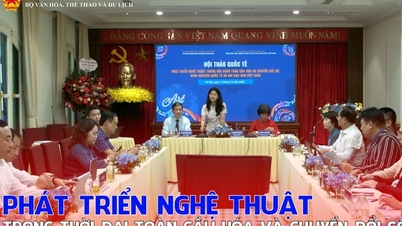


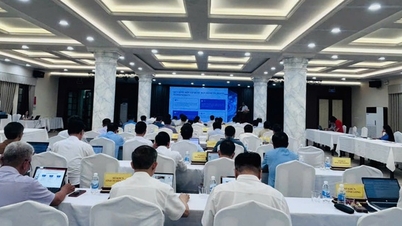


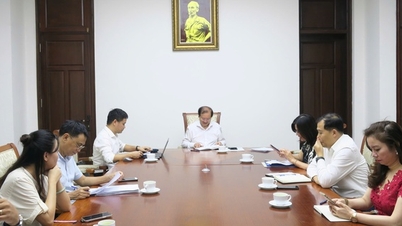








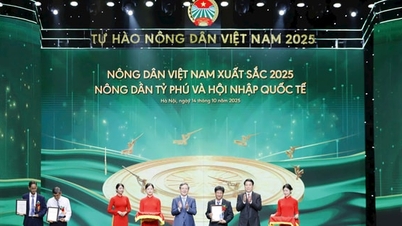














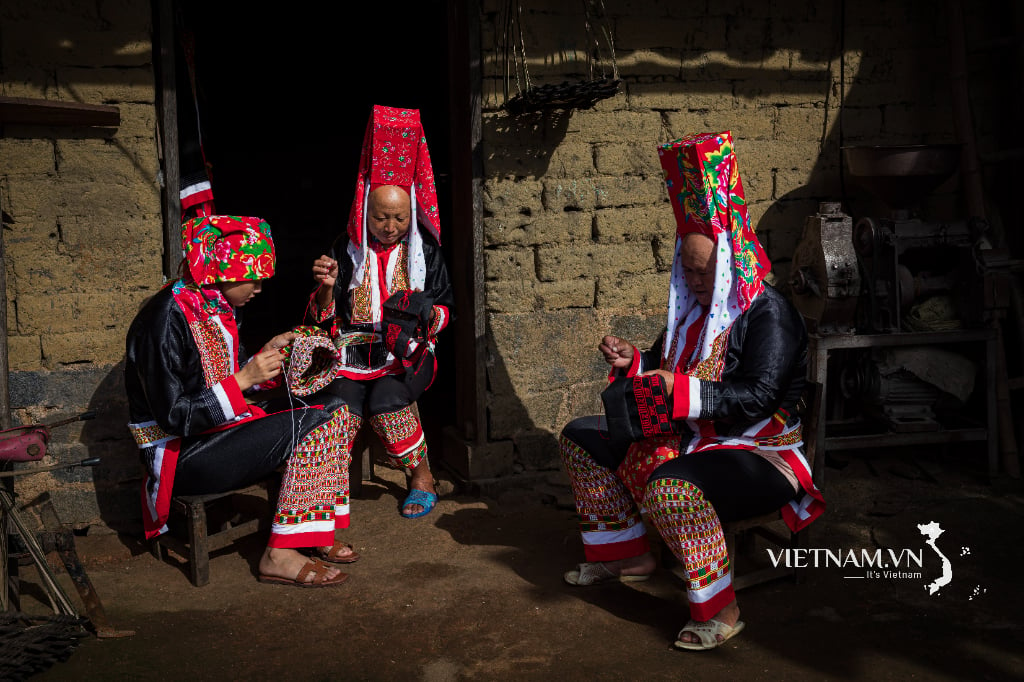
Comment (0)